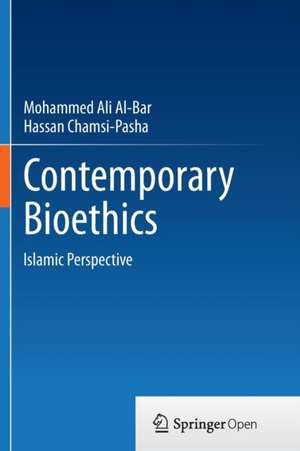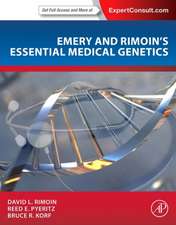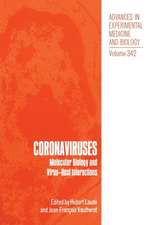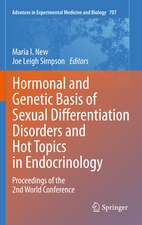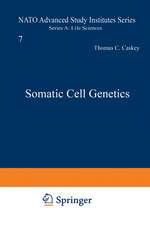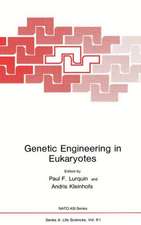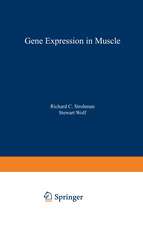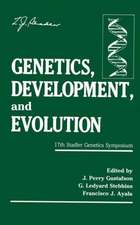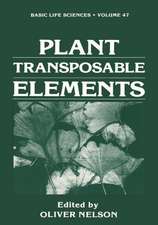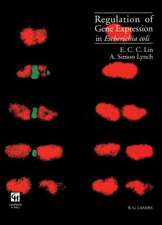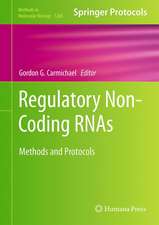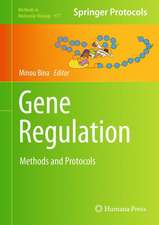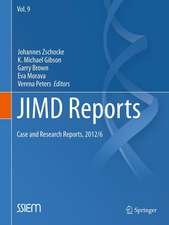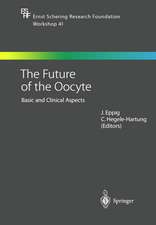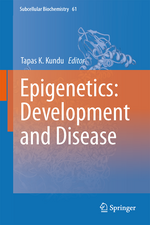Contemporary Bioethics: Islamic Perspective
Autor Mohammed Ali Al-Bar, Hassan Chamsi-Pashaen Limba Engleză Paperback – 8 oct 2016
Whereas these natural sources are God’s special gifts to human beings, God’s revelation as given to the prophets is the supernatural source of divine guidance through which human communities have been guided at all times through history. The second part of the book concentrates on the objectives of Islamic religious practice – the maqa' sid – which include: Preservation of Faith, Preservation of Life, Preservation of Mind (intellect and reason), Preservation of Progeny (al-nasl) and Preservation of Property. Lastly, the third part of the book discusses selected topical issues, including abortion, assisted reproduction devices, genetics, organ transplantation, brain death and end-of-life aspects. For each topic, the current medical evidence is followed by a detailed discussion of the ethical issues involved.
| Toate formatele și edițiile | Preț | Express |
|---|---|---|
| Paperback (1) | 399.55 lei 6-8 săpt. | |
| Springer International Publishing – 8 oct 2016 | 399.55 lei 6-8 săpt. | |
| Hardback (1) | 406.68 lei 6-8 săpt. | |
| Springer International Publishing – 9 iun 2015 | 406.68 lei 6-8 săpt. |
Preț: 399.55 lei
Preț vechi: 420.58 lei
-5% Nou
Puncte Express: 599
Preț estimativ în valută:
76.45€ • 80.11$ • 63.20£
76.45€ • 80.11$ • 63.20£
Carte tipărită la comandă
Livrare economică 11-25 aprilie
Preluare comenzi: 021 569.72.76
Specificații
ISBN-13: 9783319363813
ISBN-10: 3319363816
Pagini: 282
Ilustrații: XV, 267 p.
Dimensiuni: 155 x 235 x 15 mm
Greutate: 0.4 kg
Ediția:Softcover reprint of the original 1st ed. 2015
Editura: Springer International Publishing
Colecția Springer
Locul publicării:Cham, Switzerland
ISBN-10: 3319363816
Pagini: 282
Ilustrații: XV, 267 p.
Dimensiuni: 155 x 235 x 15 mm
Greutate: 0.4 kg
Ediția:Softcover reprint of the original 1st ed. 2015
Editura: Springer International Publishing
Colecția Springer
Locul publicării:Cham, Switzerland
Cuprins
Introduction CHAPTER II: The Sources of Common Principles of Morality and Ethics in Islam CHAPTER III: The Origins of Islamic Morality and Ethics CHAPTER IV: VIRTUE ETHICS AND MORAL CHARACTER RELATED TO MEDICAL PROFESSION CHAPTER V: BIOMEDICAL ETHICS: AN ISLAMIC VERSUS WESTERN-SECULAR ANALY THE FOUR PRINCIPLES OF BIOMEDICAL ETHICS WITH AN ISLAMIC PERSPECTIVE: CHAPTER VI: Autonomy CHAPTER VII: Non-Maleficence CHAPTER VIII: Beneficence CHAPTER IX: Justice: The Lost Value SELECTED TOPICS: CHAPTER X: Abortion CHAPTER XI: Assisted Reproductive Technology CHAPTER XII: Ethical issues in Genetics (Pre-marital counseling, Genetic testing, Genetic engineering, Cloning & Stem cell therapy, DNA Fingerprinting) CHAPTER XIII: Organ Transplantation CHAPTER XIV: Brain Death CHAPTER XV: End-of-Life Glossary Index
Recenzii
“The authors of the book have an impressive knowledge and extensive experience on Islamic religious sources and legal–ethical rulings on various topics of clinical importance. … Being a Muslim, I came across many new things about Islamic bioethics in medical issues that I did not know before. … the book is worth reading for people of all cultures and religions as it would be helpful to know about the biomedical practices and regulations in Muslim world.” (A. R. Memon, Journal of Religion and Health, Vol. 55, 2016)
Textul de pe ultima copertă
This book discusses the common principles of morality and ethics derived from divinely endowed intuitive reason through the creation of al-fitr' a (nature) and human intellect (al-‘aql). Biomedical topics are presented and ethical issues related to topics such as genetic testing, assisted reproduction and organ transplantation are discussed.
Whereas these natural sources are God’s special gifts to human beings, God’s revelation as given to the prophets is the supernatural source of divine guidance through which human communities have been guided at all times through history. The second part of the book concentrates on the objectives of Islamic religious practice – the maqa' sid – which include: Preservation of Faith, Preservation of Life, Preservation of Mind (intellect and reason), Preservation of Progeny (al-nasl) and Preservation of Property. Lastly, the third part of the book discusses selected topical issues, including abortion, assisted reproduction devices, genetics, organ transplantation, brain death and end-of-life aspects. For each topic, the current medical evidence is followed by a detailed discussion of the ethical issues involved.
Whereas these natural sources are God’s special gifts to human beings, God’s revelation as given to the prophets is the supernatural source of divine guidance through which human communities have been guided at all times through history. The second part of the book concentrates on the objectives of Islamic religious practice – the maqa' sid – which include: Preservation of Faith, Preservation of Life, Preservation of Mind (intellect and reason), Preservation of Progeny (al-nasl) and Preservation of Property. Lastly, the third part of the book discusses selected topical issues, including abortion, assisted reproduction devices, genetics, organ transplantation, brain death and end-of-life aspects. For each topic, the current medical evidence is followed by a detailed discussion of the ethical issues involved.
Caracteristici
The authors combine Islamic textual analysis with juridical methodology to engage dominant secular bioethics in the Muslim healthcare institutions
The book integrates Islamic textual resources with medical information in order to provide careful analyses of the political, economic and cultural terrains that are necessary for bioethicists to effectively promote social justice
Timely book for medical professionals
Includes supplementary material: sn.pub/extras
The book integrates Islamic textual resources with medical information in order to provide careful analyses of the political, economic and cultural terrains that are necessary for bioethicists to effectively promote social justice
Timely book for medical professionals
Includes supplementary material: sn.pub/extras
